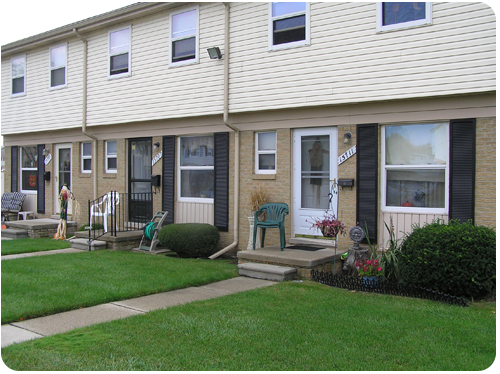Introduction to Housing Cooperatives
In recent years, interest in cooperative housing has increased markedly throughout the United States. As housing costs continue to climb, more and more Americans are considering cooperatives as a way of attaining affordable homeownership.
Though down payment costs vary, the lower monthly costs are attractive to many. Further, the personal tax deductions, lower default and turnover rates, lower tax assessments, reduced maintenance costs and resident participation and control are also incentives for choosing the cooperative route to homeownership.
What is a Cooperative?
A cooperative is a business. In many ways it’s like any other business, but in several important ways it is unique. A cooperative business belongs to the people who use it…people who have organized to provide themselves with the goods and services they need.
The members share equally in the control of their cooperative. They meet at regular intervals and elect directors from among themselves. Directors, in turn, hire management to handle the day to day affairs of the cooperative in a way that serves the members’ interests.
Members invest in shares in the cooperative to provide capital for a strong and efficient operation. The corporation is set up as a not-for-profit business, therefore the members share in all expenses and all net savings.
A Housing Cooperative
Housing cooperatives are a form of multi-family homeownership. In a housing cooperative, the cooperative corporation owns or leases the housing development, including all land, dwelling units and common areas. The cooperative corporation is jointly owned by the shareholders (members) who, by virtue of their stock ownership, are entitled to occupy a specific dwelling unit.
Shareholders purchase stock, sometimes called shares or membership certificates, in the cooperative corporation. The shareholder then signs a perpetual lease or occupancy agreement that gives the shareholder a legal and exclusive right to occupy a dwelling unit as long as all obligations to the cooperative are met.
The cooperative corporation is the legal owner of the property. As such, the corporation is responsible for meeting its financial obligations, including mortgage payments, real property taxes and management and maintenance costs. The cooperative passes on these costs to the shareholders, who pay a single monthly fee or carrying charge to the cooperative.

